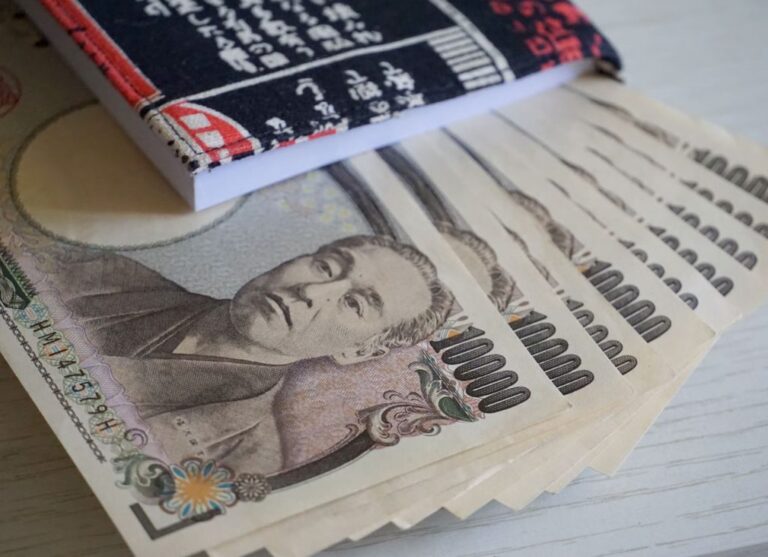
Morning Brief – A brave bet
A brave bet
Late last year in late October, Luiz Lula da Silva claimed victory in a presidential election in Brazil. The election was close fought being won by less than two percentage points. The election saw Luiz Lula da Silva stage a comeback to defeat well-known Jair Bolsonaro, the at the time incumbent right-wing President. The election result was hailed by supporters as new age of Brazilian politics and in particular a symbol of democratic progress in the South American nation. However, the events that unfolded over the weekend could have created an initial setback to this progress.
Over the weekend, supporters of the former President Jair Bolsonaro stormed key public institutions in the Brazilian capital. Markets were closed at the time but, as might be expected, the events could have created some significant uncertainty within the Real and its assets. Parallels have been drawn to the US Capitol’s own riots when former President Donald Trump was in office. These events were successful in casting at least a shadow on the presidency as comment was made over the President’s role in the riots. However, it seems that the situation is very different following Brazil’s riots. Given that the riots were made in the name of the former President against this new so-labelled beacon of democracy, the events could have the opposite impact of strengthening the desire for democracy in the country. That is with one exception:
Much unlike the Capitol riots, Brazilian authorities were made to look weak and unsupportive of the administration in the face of the unrest. Whilst there could still be the catalyst to push democratic progress forward hidden in the rubble of these riots, stoking it into fruition could be beyond the President’s grasp. Either way, the impact of FX is unclear for now. Undeniably, with an emerging market currency like the Real, there is the incentive to sell in the face of uncertainty. It is also true that there is no safe haven demand to identify within the Real and any support given by the opening of the Chinese economy is still very limited at best. That being said, what we can be more certain of is that, exercised against the EUR, taking a short position against the Brazilian Real will cost you circa 9% per annum. The story isn’t much better when a short is taken out versus USD or GBP with interest rate costs of 5.25% and 7.5% respectively to short the currency pair. Despite the negative pressures created from political uncertainty, due to the interest rate that the Brazilian Real commands, it is immensely expensive to take a short position. You’d need a lot of conviction to bet against this currency in the face of some uncertain and conflicting circumstances.
Discussion and Analysis by Charles Porter

Related Insights

Morning Brief – Japanese Yen
Japanese Yen With JPY at a new 34 year low versus EUR, the market is set for an ambush by the Bank of Japan if it acts today at the end of their Policy Meeting to support the Yen. The reason that the market is susceptible is because it has convinced itself that the BoJ […]

Morning Brief – Coalition
Coalition This briefing is about South Africa and the Rand, which frequently proves to be one of the more divisive subjects within our roster of currencies. In particular, with the election looming, this will be about South African governance. Not from a political or human perspective about what may be the best long term outcome […]

Morning Brief – US Tariffs on Chinese Imports
US Tariffs on Chinese Imports Recently we wrote about how Mexico has become the Number One trade partner for the USA. It now transpires that Mexico may have had what is known as a little assist with their numbers: the statistics for the number of 20 foot shipping containers for the first three Quarters of […]



 Humphrey Percy
Humphrey Percy